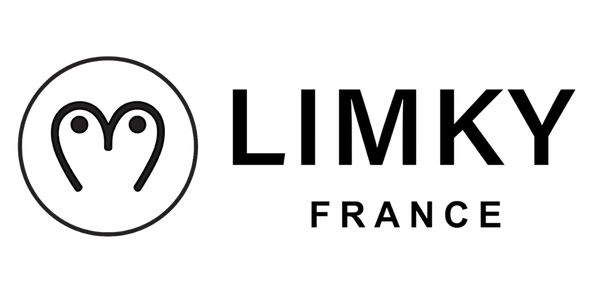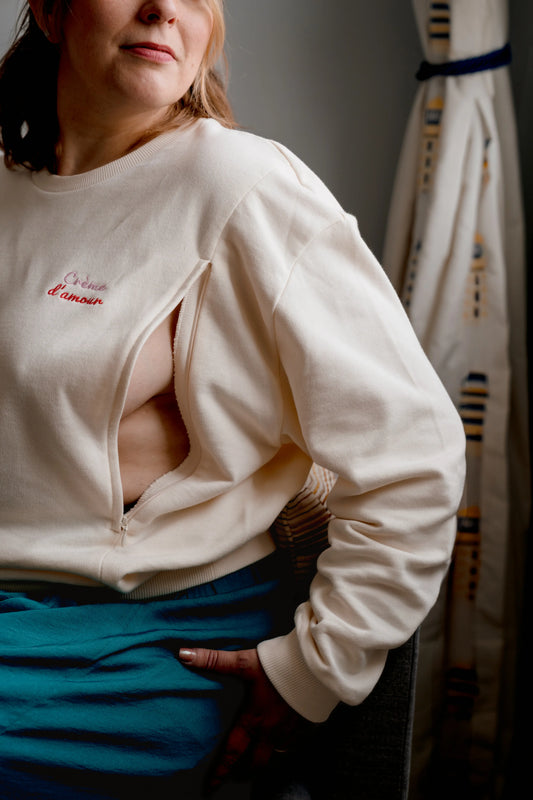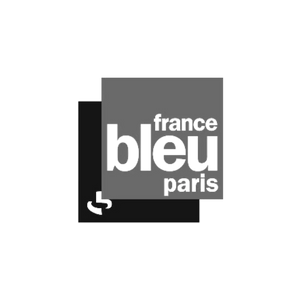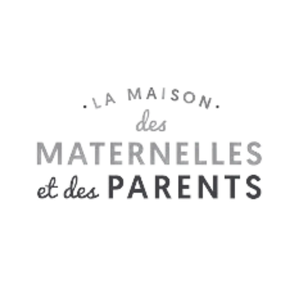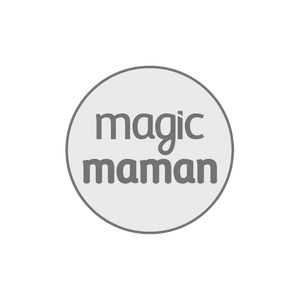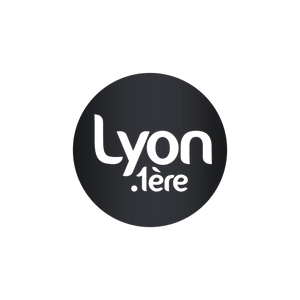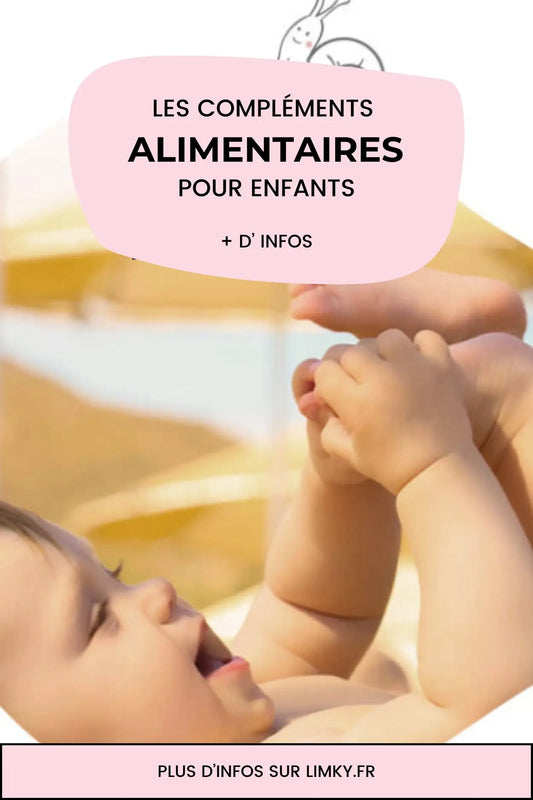
Breast Milk Leaks: Guide and Tips!
Share
Why breast milk leakage is a common topic for new moms.
Breast milk leakage is a nearly universal occurrence among new moms, and for good reason. After giving birth, the body goes through major hormonal changes that stimulate milk production.
This can often lead to oversupply, especially in the early stages of breastfeeding. Additionally, the milk supply, which usually occurs a few days after giving birth, can surprise many moms, causing involuntary leaks, especially when they hear a baby crying or when they haven't breastfed in a while.
These leaks can also happen at inopportune times, such as during a meeting, which can cause stress and embarrassment. Talking about milk leaks becomes essential, not only to normalize this experience, but also to offer practical solutions and support to mothers going through this delicate time.
In this article, we will explore breast milk leaks, what they are, why they exist, how to overcome the inconveniences of these milk leaks with ease, in particular with suitable lingerie from the F'Latte brand; And finally, we will see the cases of breast milk leaks sometimes requiring a consultation with a lactation specialist, or even addresses of communities of mothers who come to help and provide their support.
-
What is Breast Milk Leakage?
Definition and explanation of the mechanisms behind leaks.
Breast milk leakage refers to the involuntary flow of milk from the breasts, usually between feedings. This phenomenon is often the result of a combination of several physiological factors.
When a mother's body begins producing milk, the mammary glands become activated by hormones, including prolactin. During engorgement, when the breasts are full and milk is not being released, the pressure can cause leakage.
Additionally, stimuli such as a baby crying or even the mere thought of feeding can trigger the milk ejection reflex, which can also lead to leakage, even when the baby is not nursing. By understanding these mechanisms, mothers can better anticipate and manage these situations, reducing the stress that often accompanies them.
-
Common Causes of Milk Leakage
The different reasons why mothers may experience leaks (missed feedings, engorgement, etc.).
Breast milk leakage can happen for a variety of reasons, and understanding these triggers is essential to better manage it. First, missed or irregular feedings are one of the most common causes.
When the baby does not nurse as often as needed, milk production continues, leading to engorgement. Engorgement occurs when the breasts become too full, and the pressure can cause leakage, especially if the mother does not express milk.
Additionally, emotional stimuli, such as hearing a baby cry or even seeing a picture of your child, can trigger the milk ejection reflex, leading to unexpected discharge.
Other factors, such as hormonal changes, stress, or wearing inappropriate clothing, can also influence the frequency and intensity of leaks. By identifying these factors, mothers can better anticipate leaks and find solutions to minimize their impact on a daily basis.

-
When Does Milk Leakage Start?
A look at when milk leakage typically starts after childbirth.
Breast milk leakage is often a reality that sets in shortly after delivery. Typically, moms begin to experience leakage within the first few days after birth, especially when milk is first coming in, typically between days two and four.
This is when milk production increases significantly in response to the newborn's needs, sometimes leading to a feeling of engorgement and involuntary discharge.
These leaks may become more frequent during the first few weeks, especially if breastfeeding is not well established. However, as breastfeeding becomes more regular and mothers learn to manage their milk supply, these incidents tend to decrease. It is important for new mothers to understand that these leaks are normal and part of the process of adjusting to breastfeeding.
-
How to Deal with Milk Leaks?
Practical advice for managing leaks on a daily basis (use of pads, choice of clothing, etc.).
Managing breast milk leakage on a daily basis can seem like a challenge, but there are several practical tips that can help make the experience more comfortable.
First of all, the use of nursing pads is essential; they absorb excess milk and protect clothing, providing peace of mind.
Opt for reusable fabric pads for an eco-friendly solution or a disposable version for more convenience from the Lansinoh brand for example.
The ideal according to your budget is to invest in absorbent lingerie. An investment that will quickly pay for itself if you stop using disposable nursing pads. In addition, lingerie will make you more comfortable and practical. I invite you to discover the beautiful collection of the F'Latte brand.
The choice of clothing also plays a crucial role: choose tops made of absorbent fabrics and designs that allow easy access for breastfeeding, such as V-necks or buttons. I invite you to discover our collection of breastfeeding clothes that allow easy access to the breasts.
Also consider wearing an extra layer, such as an open blouse, to help cover up any stains. Finally, keeping a breast pump handy can help relieve engorgement and prevent leaks, especially if you miss a feeding. By incorporating these simple tips into your daily routine, you can manage leaks with more peace of mind and enjoy your breastfeeding experience.

-
The Best Solutions to Avoid Leaks
Tips and recommended products to minimize leaks.
To minimise breast milk leakage, there are several tips and products that can be very helpful. First of all, adopting a regular breastfeeding routine helps regulate milk production, reducing the risk of engorgement and leakage. Investing in quality nursing pads is also essential; choose models that are absorbent and comfortable, making sure to change them regularly to avoid irritation.
For moms on the go, a portable breast pump can be a great convenience: it helps release excess milk and prevents leaks at inopportune times.
When it comes to clothing, opt for tops with wide sleeves or easy openings, designed specifically for breastfeeding, which offer both comfort and practicality.
Finally, essential oils such as lavender or peppermint, applied diluted to the skin, can help regulate milk flow.
By combining these tips with the right products, you'll be better equipped to manage leaks while still enjoying your breastfeeding experience.
-
Emotional Impact of Milk Leakage
Discuss feelings of embarrassment or frustration that mothers may experience.
Breast milk leakage can evoke a range of emotions in new mothers, from embarrassment to frustration.
Many people feel a deep discomfort at the thought of being surprised by an unexpected discharge, especially at social events or in public.
This feeling of vulnerability can lead to anxiety, making some moms reluctant to leave the house or join in activities.
Additionally, the social pressure to breastfeed perfectly can compound this discomfort, leaving moms feeling inadequate or judged.
Frustration can also arise when leaks disrupt breastfeeding times, leading to milk loss and feelings of helplessness in the face of the situation.
It is crucial to remind moms that they are not alone in this experience, and that it is completely normal to feel these emotions.
By sharing their stories and seeking support, they can not only find practical solutions, but also ease the emotional burden associated with these leaks.
-
When to Consult a Health Professional?
Signs that it is important to seek medical help.
It is essential to recognize when breast milk leakage may signal a problem requiring medical attention.
If a mother experiences severe pain, redness or swelling in the breasts, this may indicate an infection, such as mastitis , which requires prompt treatment.
Likewise, if the leaks are accompanied by symptoms such as fever, chills or nausea, it is crucial to consult a healthcare professional.
Additionally, if a mother notices excessive milk production that disrupts her daily life or if she has difficulty managing her leaks despite practical advice, an evaluation by a lactation consultant or doctor may be beneficial.
Finally, if the leaks cause significant emotional stress or doubts about the ability to breastfeed, it is important to seek appropriate support and advice.
Taking care of your physical and mental health is essential for a peaceful and positive breastfeeding experience.
-
Testimonials from Moms
Share personal stories and experiences to connect with readers.
Sharing personal stories about breast milk leakage can play a vital role in creating an authentic connection between moms.
By sharing her own experiences, a mother can not only defuse a situation that is often perceived as embarrassing, but also show that she is not alone in this journey.
For example, talking about an embarrassing moment, such as a leak that happened during dinner with friends, can make other mothers laugh and reassure them who have experienced similar situations.
These stories help to establish a climate of trust and solidarity, where each mother can feel heard and understood.
Additionally, by sharing tips that have worked for her, we encourage discussion and mutual support.
Blogs, forums and discussion groups are ideal spaces for these sharings, transforming a sometimes difficult personal experience into a source of inspiration and collective comfort.
-
Conclusion
Summary of key points and encouragement to not hesitate to share your experiences.
In conclusion, breast milk leakage is a common and often unavoidable experience for many mothers, especially in the first few weeks after giving birth. It can be caused by a variety of factors, such as missed feedings or engorgement, and can lead to feelings of embarrassment or frustration.
However, with practical advice and the right products, it is possible to manage these leaks on a daily basis. It is also crucial to remain attentive to the signs that could require a medical consultation.
Finally, remember that sharing your experiences can bring comfort and solutions to other moms. Every story matters, and by speaking out, you are helping to create a supportive community where breastfeeding is celebrated in all its nuances. Don’t hesitate to share your story, because it is by sharing that we support each other!
-
Additional Resources
Links to articles, books or support groups for moms.
For moms looking to deepen their understanding of breast milk leakage and find support, there are several valuable resources available.
Informative articles on reputable health sites, such as La Leche League or the French Association of Lactation Consultants, offer practical advice and reliable information. For those who prefer reading, books like “L'Allaitement” by Marie Thirion or “The Art of Breastfeeding” by La Leche League provide enriching perspectives on breastfeeding and managing the challenges that come with it.
Finally, joining social media support groups or online forums, such as Facebook or Maman Blues Forum, allows you to share experiences with other moms, ask questions, and feel less alone in these challenges. These communities are often invaluable sources of comfort and advice, allowing you to navigate your breastfeeding journey with confidence and serenity.
